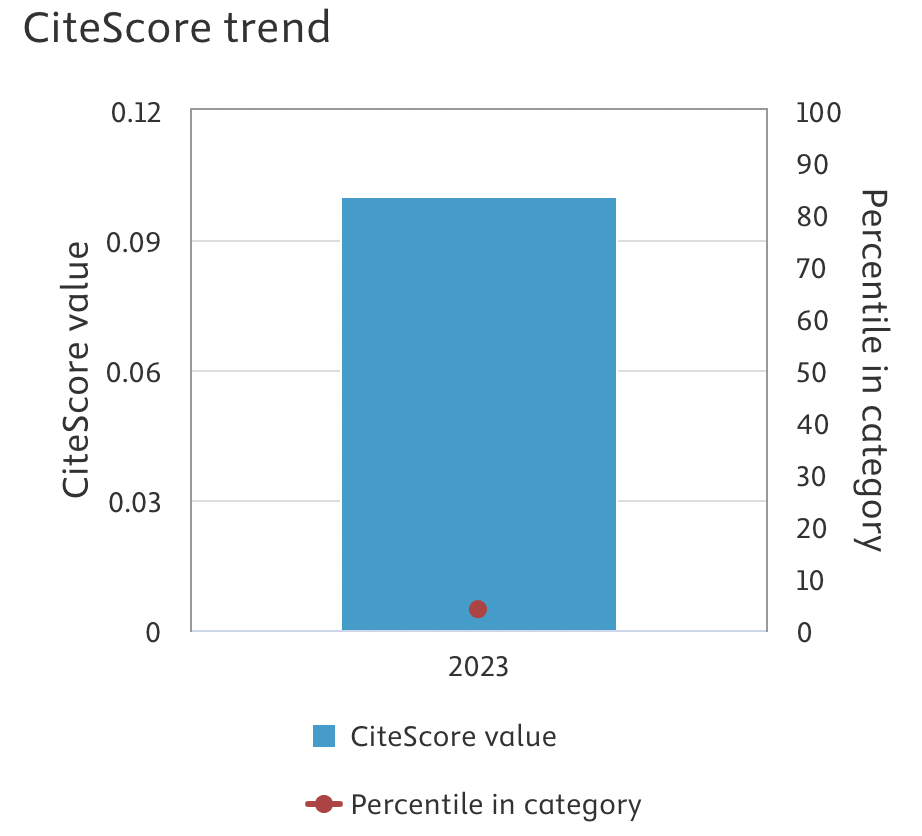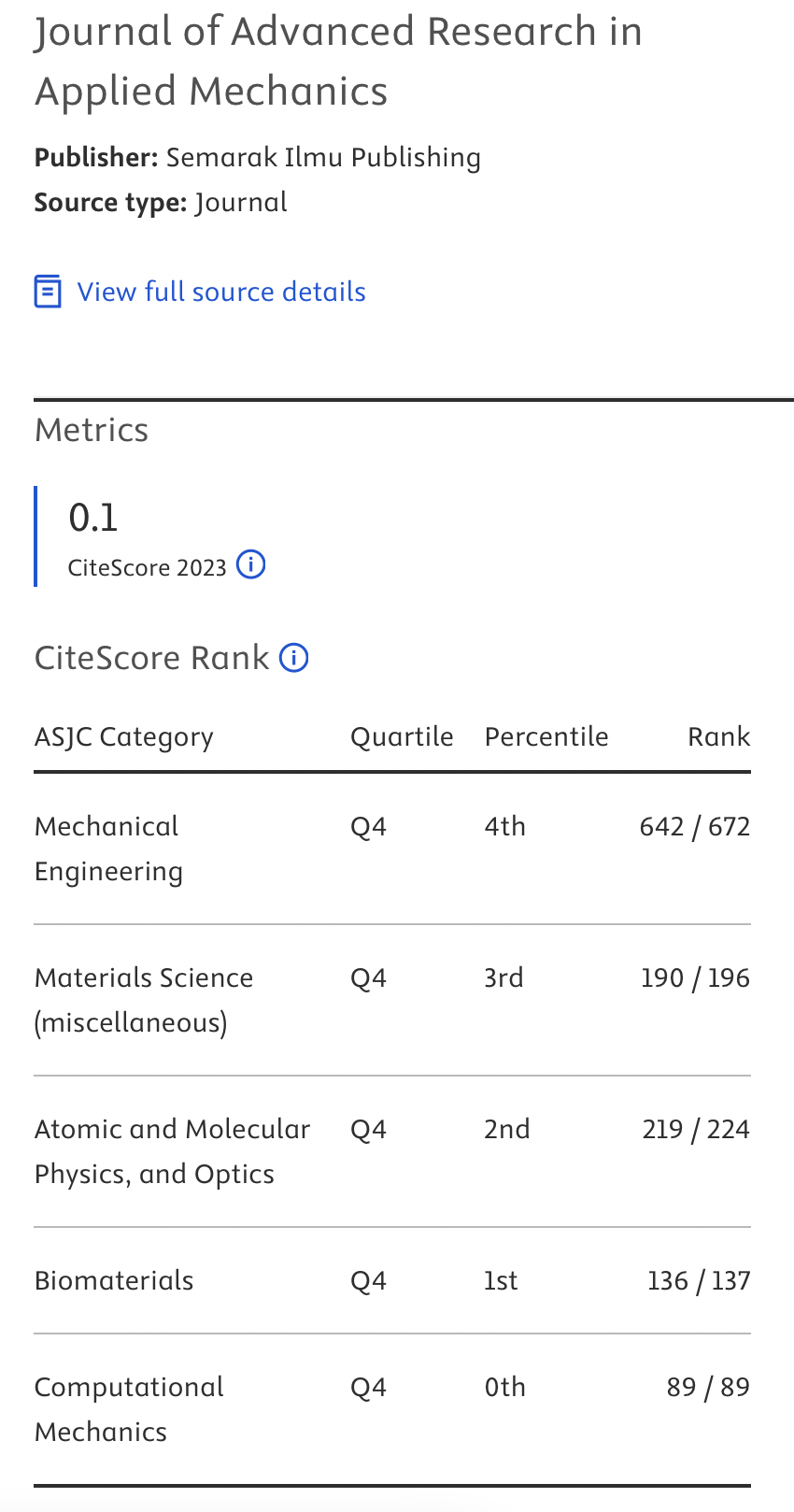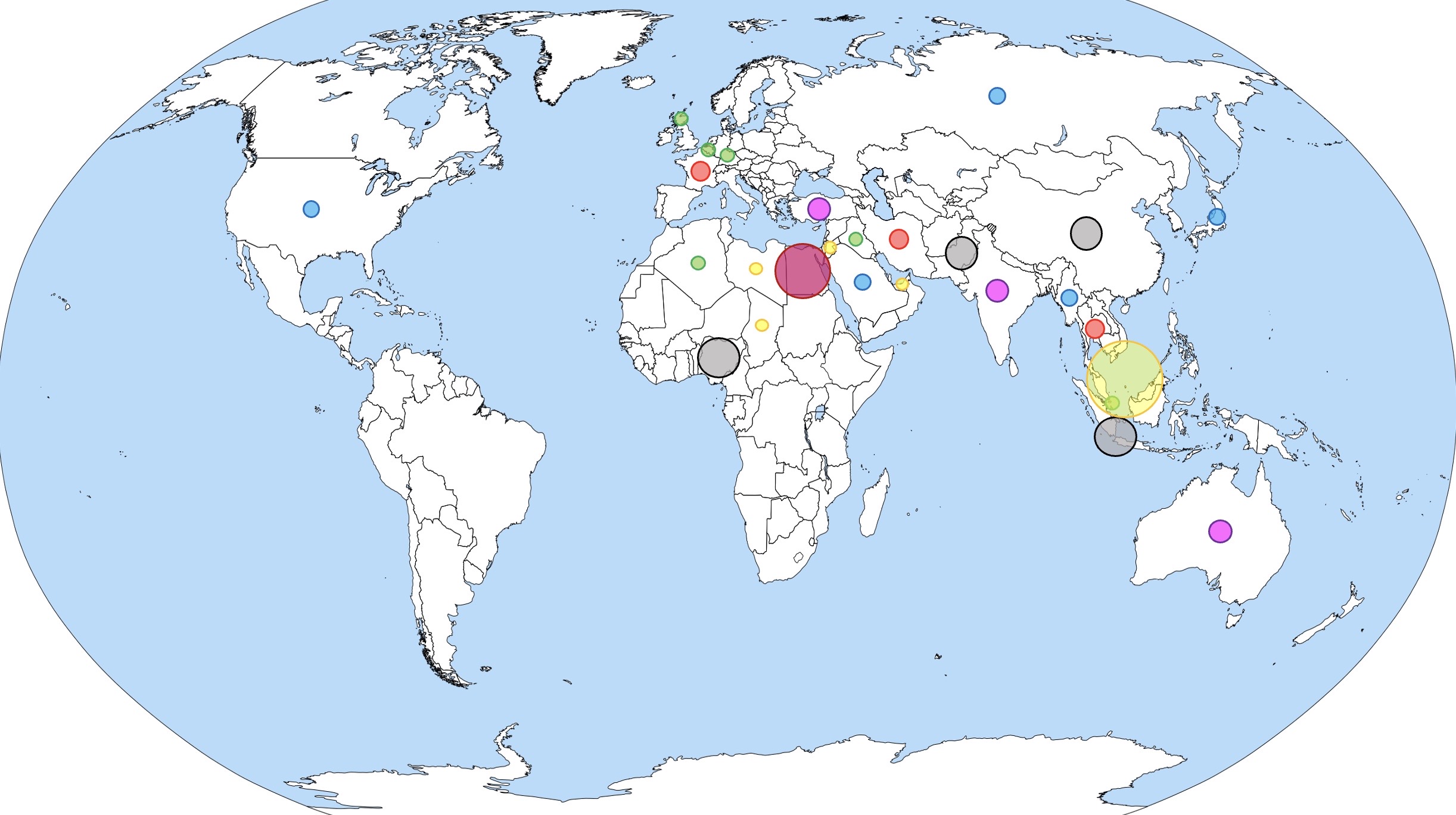Water Absorption Effect on Tensile Properties of Linear Low-Density Polyethylene (LLDPE) Blend with Recycle Acrylonitrile Butadiene Rubber Gloves (NBRr) in Saline Water
DOI:
https://doi.org/10.37934/aram.121.1.107116Keywords:
Hydrothermal, Linear Low-Density Polyethylene, Recycle Acrylonitrile Butadiene Rubber Gloves, Tensile PropertiesAbstract
Nowadays, waste acrylonitrile butadiene rubber glove (NBRr) has been studied for use in building materials. The primary limitation of using rubber in construction was its low water absorption capacity. The goal of this research is to investigate the effect of Linear Low-Density Polyethylene (LLDPE) on water absorption and the temperature differential (20 and 30 oC) of NBRr blender composite in distilled water (DW) and saline water (SW). The rubber glove has been blended with heated two-rolled mills at 120 °C. The substance had been compressed using a hot press. Five samples had already been created. The sample was formed like a dumbbell. The five samples were immersed in DS and SW for 30 days at temperatures of 25°C and 35°C, respectively. The result shown the tensile strength, elongation at break Eb and Young’s modulus of LLDPE/NBRr blend decrease. The tensile properties of saline water lower compare to distilled water due to corrosion and degradation. Saline water contains dissolved salts, which can contribute to corrosion and degradation of the materials. The presence of salts can accelerate chemical reactions, leading to the degradation of the polymer matrix and the rubber phase. This degradation can weaken the material and reduce its tensile strength. Moreover, as the temperature increases, the thermal energy also increases, causing the polymer chains to gain more kinetic energy. This increased energy disrupts the intermolecular forces and reduces the overall molecular interactions within the material. Weaker intermolecular interactions lead to a decrease in tensile strength. As conclusion, hydrothermal effect tensile properties when temperature increase tensile properties decrease. distilled water has better diffusion than saltwater. LLDPE/NBRr blend was discovered that both distilled and salt-water absorption resulted in a decrease in tensile properties.
Downloads



























